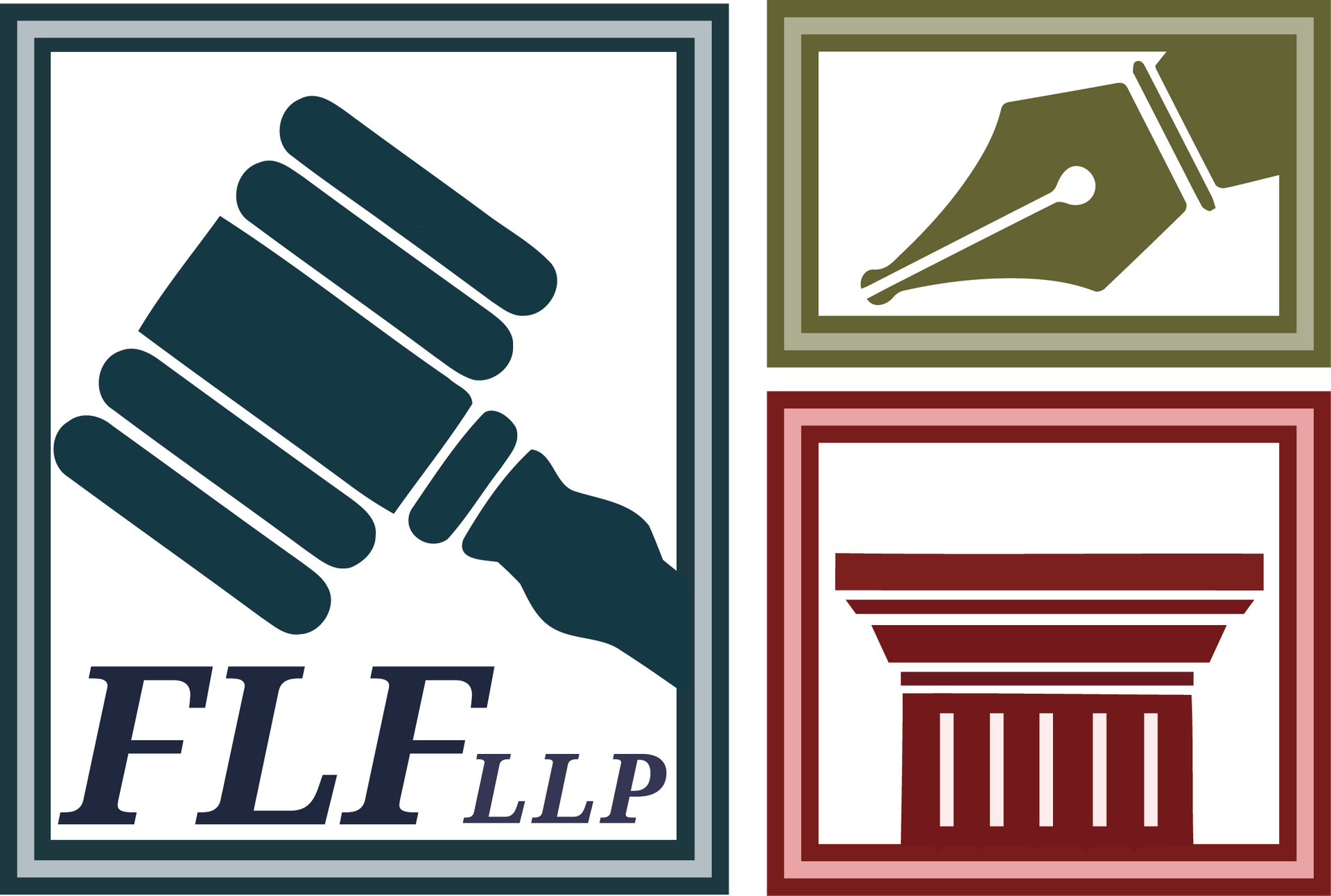Trust Administration
Trust Administration
Trust administration is a comprehensive process that involves managing and distributing assets held in a trust in accordance with the grantor's wishes and applicable law. By fulfilling their fiduciary duties and responsibilities, trustees ensure that trust assets are preserved and distributed efficiently and that the interests of beneficiaries are protected. Effective trust administration requires careful attention to detail, clear communication with beneficiaries, and adherence to legal and tax requirements to ensure a successful outcome for all parties involved.
The process of managing and distributing assets held in a trust according to the terms and instructions outlined in the trust document is referred to as trust administration. Unlike probate, which is a court supervised process for administering a deceased person's estate, trust administration typically occurs outside of the court system and is overseen by the trustee appointed in the trust document. Trust administration involves several key steps and responsibilities to ensure that the trust assets are properly managed and distributed to beneficiaries.
Upon the death of the grantor (the person who established the trust), the trustee assumes responsibility for administering the trust. The trustee's duties include gathering and inventorying the trust assets, identifying and notifying beneficiaries, and reviewing the terms of the trust document to understand the grantor's intentions regarding asset distribution.
The trustee is responsible for managing the trust assets prudently and in accordance with the fiduciary duties outlined in the trust document and applicable law. This may involve investing trust assets, collecting income, paying expenses, and maintaining accurate records of all transactions related to the trust.
Any specific instructions or conditions outlined in the trust document regarding the distribution of assets to beneficiaries must be followed by the trustee. This may include making one-time distributions, establishing ongoing trusts for certain beneficiaries, or providing for the care and support of minor children or individuals with special needs.
The trustee has a duty to communicate with beneficiaries and keep them informed about the administration of the trust. This may involve providing regular updates on trust activities, responding to beneficiary inquiries, and addressing any concerns or disputes that arise during the administration process.
All legal and tax requirements that are to be met, are the responsibility of the trustee, including filing tax returns, paying any outstanding debts or taxes owed by the trust, and obtaining any necessary approvals or permissions from government agencies or other authorities.
Trust administration may involve working with other professionals, such as attorneys, accountants, financial advisors, and appraisers, to fulfill the trustee's duties and responsibilities effectively. These professionals often provide valuable guidance and expertise in navigating complex legal, financial, and tax issues that may arise during the administration process.
Feriante Law Firm LLP is a great resource to those presently involved in a trust administration or someone just getting started. We are happy to explain the services we can provide, which include connecting you with other professionals that might be required, and detail how we can work together to help you carry out your trustee duties.
Contact Us
LICENSED IN THE STATE OF CALIFORNIA
Address
39899 Balentine Drive, Suite 315
Newark, CA 94560
Contact Us
We will get back to you as soon as possible.
Please try again later.
How can we assist you?

Quick Links
Practice
Contact
39899 Balentine Drive, Suite 315
Newark, CA 94560
Social
The use of this website does not create an attorney/client relationship. Information on this site does not constitute legal advice.
